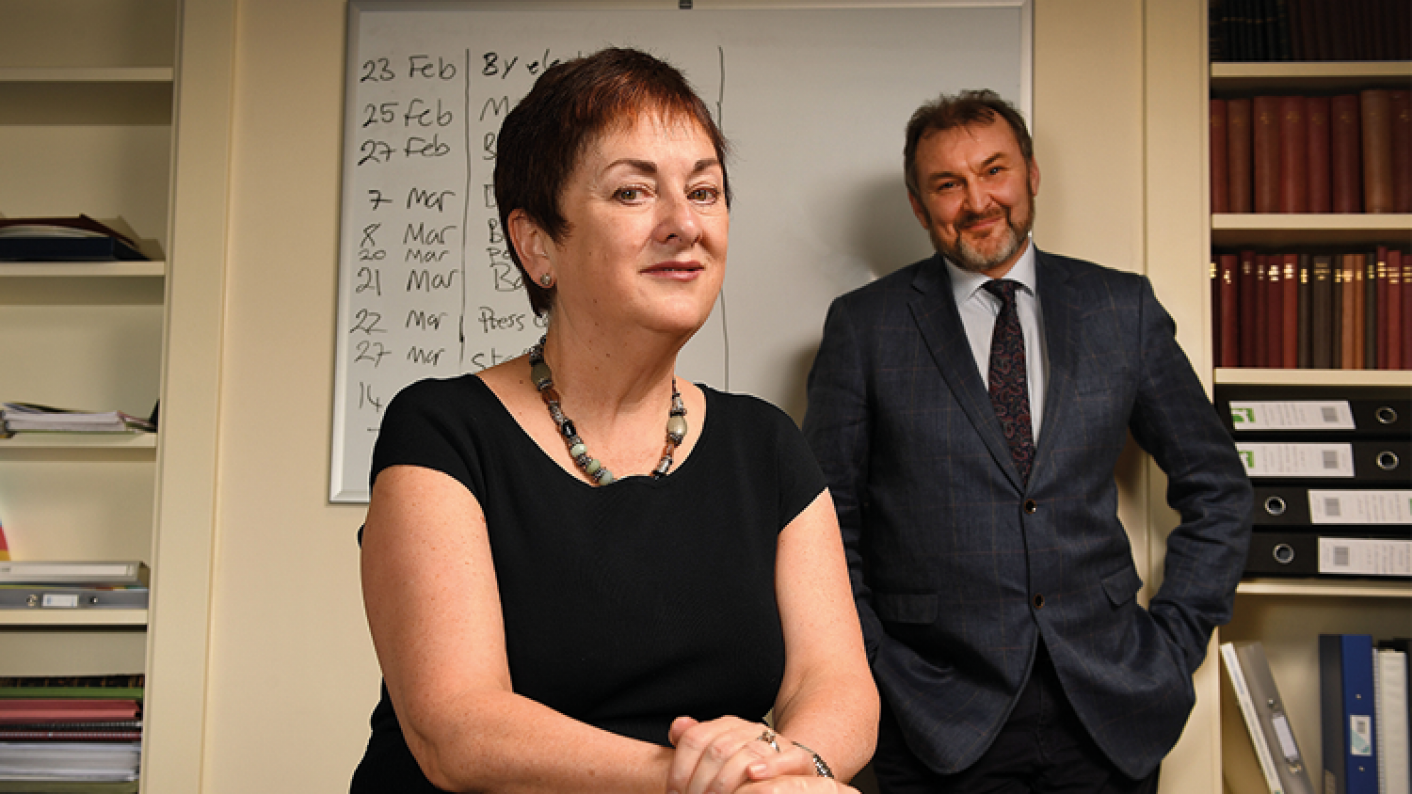Wilcox said, "Who were you trying to hurt?"
"Hurt?"
"A strike has to hurt someone. The employers, the public. Otherwise it has no effect."
Robyn was about to say, "The Government", when she saw the trap: Wilcox would find it easy enough to argue that the Government had not been troubled by the strike. The Students' Union had supported the strike, and its members had not complained about a day's holiday from lectures. The University, then? But the University wasn't responsible for the cuts or the erosion of lecturers' salaries. Faster than a computer, Robyn's mind reviewed these candidates for the target of the strike and rejected them all.
(David Lodge: 'Nice Work', 1988)
One might well ask the same question of the teaching Union members who, this week, presented parents with the difficulty of occupying their school-age children between 8.30am and 3.30pm on a weekday, a move hardly likely to garner public support.
While members of the Government may have been mildly worried by the spectacle of massed protesters on Britain's streets, given the involvement of Socialist Worker and the banners exhorting "Strike, protest, occupy", it's hard to see what impact the march had on the machinery of the state.
That didn't stop the NUT's Christine Blower describing the strikes as 'a great success', which appears to mean that a large number of people had an exciting day out (some of them,
apparently, rounding it off with a nice bottle of wine at Pizza Express -
caveat: Mail) and showed the Government that they objected to current policies.
The people 'hurt' by this 'great success', meanwhile, weren't Michael Gove or the officials of the Department of Education, but working parents and - perhaps intentionally - those teachers who chose not to strike and were left to sort out the administrative mess.
The prevailing attitude was recently summed up by an otherwise intelligent and conscientious young teacher trying to explain his priorities:
"That Gove, he only cares about results; he doesn't think about our working conditions at all!"
It's not that I am indifferent to teachers' pay and working conditions; most of my family has earned its crust that way since the 1920s. For some of us, it's in the blood, and what worries the Unions most, I think, is that there are still teachers out there who would do the job as long as they had enough to keep body and soul together and would never consider deserting their posts for a day.
The progressives have tried to oust such dangerous subversives, of course. I once heard a very senior lecturer in the field openly scoff at the old adage that teachers are born, not made; the only way to achieve excellence in the profession was to follow him blindly to the sunlit uplands of the multicultural classroom and egalitarian methodology.
At the heart of the matter is the question of politics; even though many staff belong to a union solely for the legal protection and advice available (
a necessity in today's litigious climate), the union activists take this as a mandate for mass withdrawal of labour and, sad to say,
the pre-Christmas strikes last year showed that some of the herd, at least, rather like the idea of a day off for shopping.
If the purpose of the march were simply to show massed support for the unions, it could just as easily have been held during half-term; what difference would it have made to the Government? The fact that it was not is a clear indicator of how little value is placed on education by those directly responsible for providing it.
"Yes, I was picketing."
What fun it had been! Stopping cars and thrusting leaflets through the drivers' windows, turning back lorries, waving banners for the benefit of the local TV news cameras, thawing one's fingers round a mug of thermos-flask coffee, sharing the warm glow of camaraderie with colleagues one had never met before. Robyn had not felt so exalted since the great women's rally at Greenham Common.



